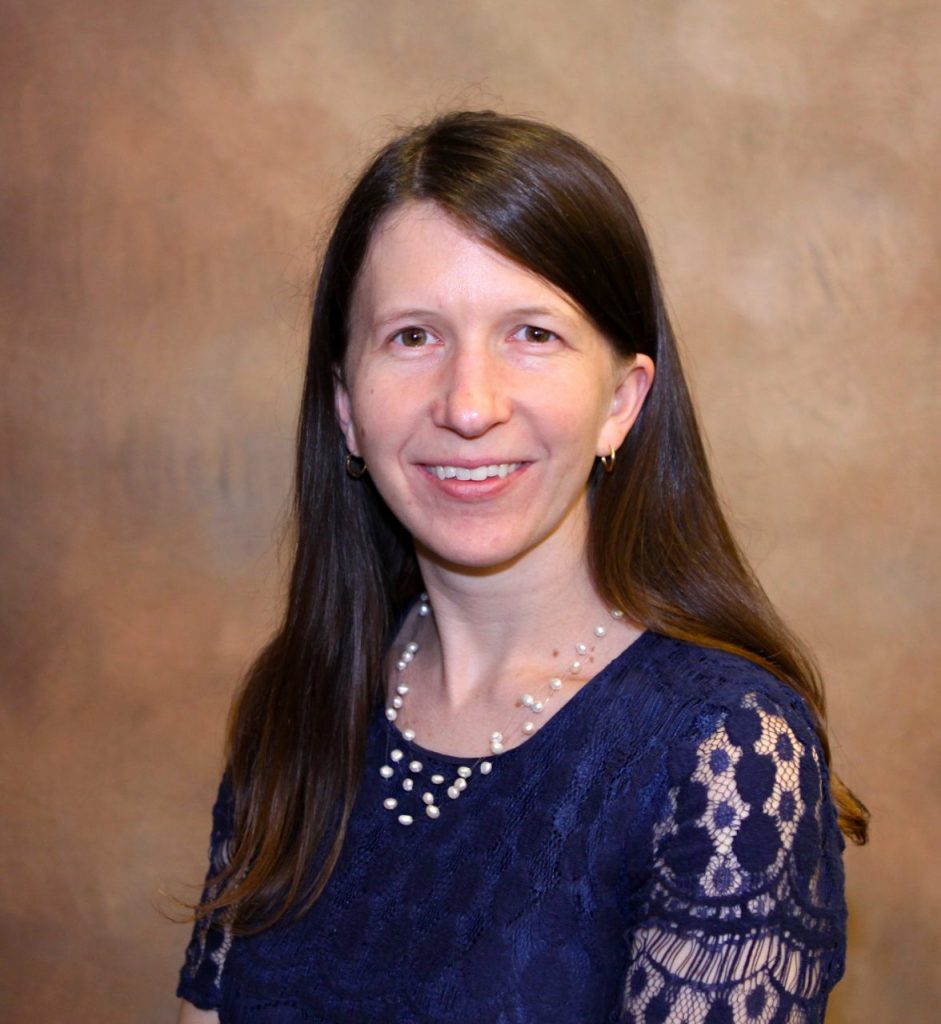Every month or so, I receive a heartbreaking call from someone, about to complete a Master of Arts (MA) in Psychology from another school, who has just found out (after years of class!) that the degree they have earned is not license eligible in the state of Michigan. What does this mean? The MA is practically worthless to advance their career.
These students are – understandably – frantic. Can I help? What can they do? Typically nothing can be done. They have completed a MA in Psychology that either did not have the proper coursework, or most often, did not have the 500 hour practicum experience that the state of Michigan requires for licensure.
These students, almost always, are completing their MA online. Very few online programs in our area offer an in-person 500-hour license eligible practicum experience as part of the degree. Without that practicum, you cannot become licensed as a psychotherapist or psychologist in Michigan. And it is not possible to add on a practicum experience after you graduate.
After the last conversation I had with such a student, I decided to do some investigating myself. I called the online program that they were a part of to see how clear the school was about license eligibility. The Admissions Counselor I spoke with was very nice, and after I asked, he did explain that the MA in Psychology was not a license eligible program and directed me towards the MA degrees that his school offered that were license eligible. I asked if there was anywhere on their website that explained which programs were or were not license eligible and he encouraged me that he could answer any of those types of questions that I might have.
That conversation confirmed that, for at least that particular school, admissions staff are upfront about what I could or could not do with the degree, as long as I knew to ask the question. So many people do not know to ask.
Don’t let this be you! Here are three questions you should ask of any school that you are considering:
Is your school accredited by a Regional Institutional Accrediting Organization?
Not all accreditation is equal. Some schools are technically accredited, but by smaller accrediting boards that are not recognized by larger institutions. For example, if the school you are looking at is accredited by the ABHES (Accrediting Bureau of Health Education Schools), this may be an applicable accreditation for some careers, but most large Masters and Doctoral institutions would not recognize that degree if you wanted to continue your education.
Some examples of Regional Institutional Accrediting Organizations are the MSA (Middle States Association of Colleges and Schools), HLC (Higher Learning Commission), or the SACS (Southern Association of Colleges and Schools).
If you are looking at a very specific type of career, then you want to see what type of accreditation that career expects. (If you are looking at attending a doctoral program in Psychology, for either your PhD or PsyD, make sure it is accredited by the APA (American Psychology Association).
Is the degree license eligible in the state where I want to work?
Psychology, along with many mental health fields and a whole wide variety of other careers, requires a state license to be able to legally practice. It is extremely important that you find out if a license is required in the field you would like to work in and then only attend a program that is eligible for that license.
How successful are your students in receiving a license?
Admissions staff should have data on what percentage of graduates are licensed after graduation. If the number is low, proceed with caution! Remember – ultimately your career depends on earning a license to practice psychology – the MA is just a stepping stone to this goal.

Carrie Pyeatt, MBA is the Coordinator of Admissions and Student Engagement at MSP ([email protected]).
Her advice to students who are earning an MA without a practicum: “Look into receiving an additional certification – such as in Applied Behavior Analysis (ABA) or in substance abuse – that do not necessarily require that you have a MA with a practicum experience. Both are more specialized fields within psychology, but that may give you a chance of being able to practice. It will require additional coursework to receive the certification.”